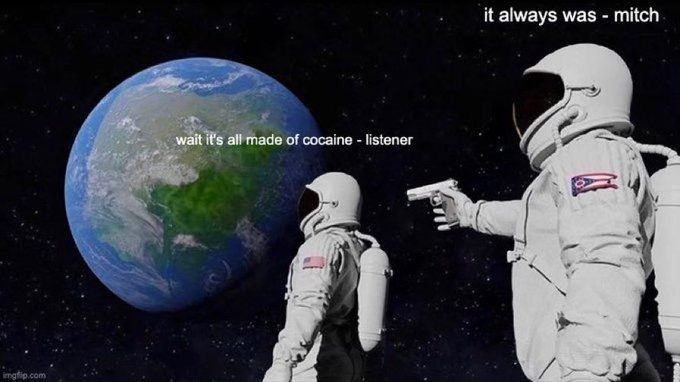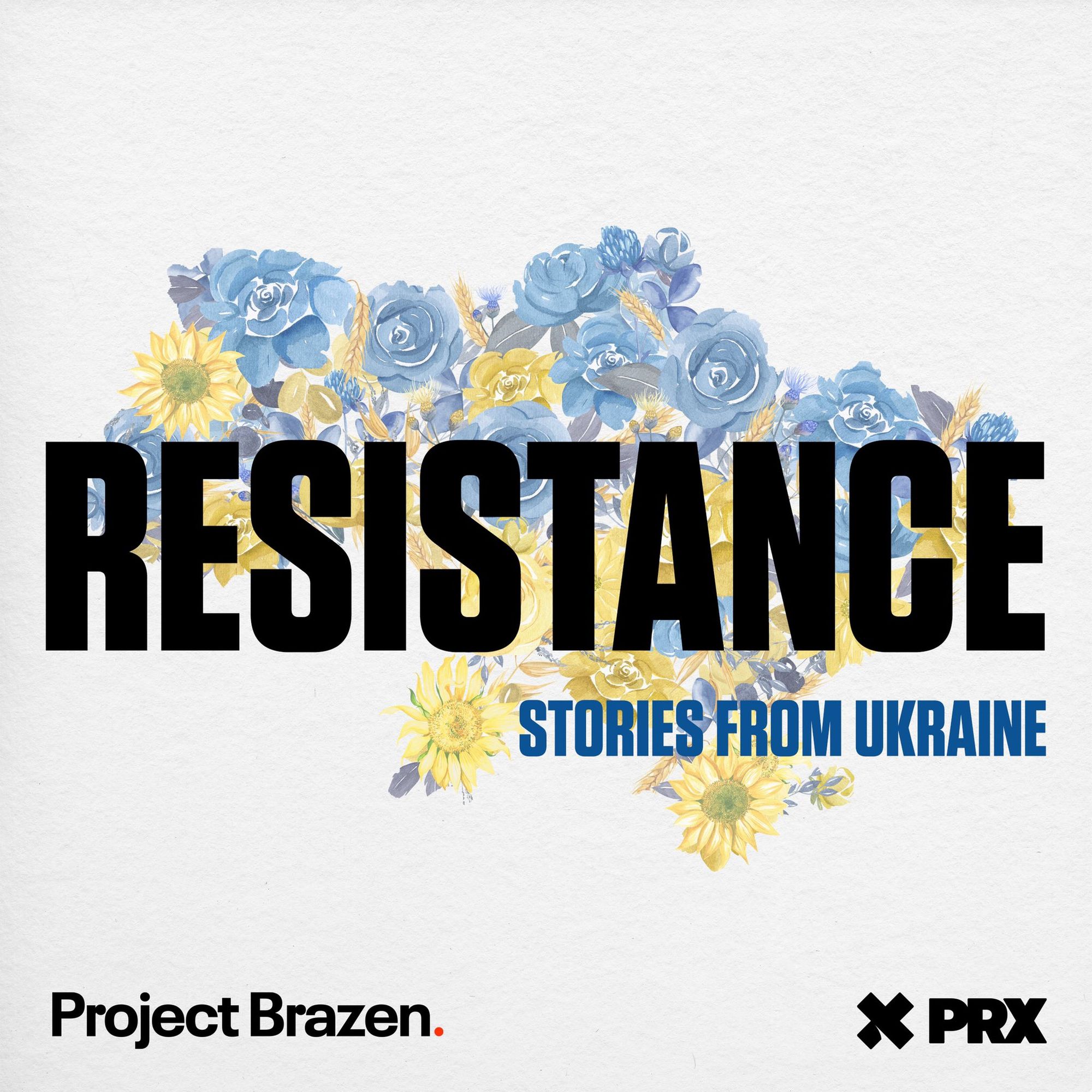
Welcome to Gateway
One night in Beirut, about 10 years ago, I walked into a French bistro to catch up with a longtime source at a European intelligence service. Before that, he’d spent years as an undercover cop working on organized crime, a portfolio that included drug investigations.
As the night wore on, the drinks kept coming. Our cynicism about the global war on terror, which I had spent the better of a decade covering, came pouring out. Then the ex-cop changed the subject completely.
"If policymakers stopped to consider the actual figures related to organized crime and the cocaine trade, they’d quit talking about ISIS,” he said.
Say more, I implored.
The ex-cop said more. The Calabrian mafia, otherwise known as the 'Ndrangheta, had been running the European cocaine trade for so long that, by 2010, it controlled around 50 billion euros a year in total economic activity, according to officials in Italy. That was about 2% of the national GDP, the ex-cop estimated. The cocaine came from South America, but the Calabrians controlled distribution in one of the biggest markets in the world.
That level of economic activity, the ex-cop explained, conferred legitimacy on the 'Ndrangheta’s most-powerful members: They’d created something of a parallel economy and integrated it into the legitimate European economy. Europe seemed destined to become the central hub of global cocaine trade. “I promise, if everyone tomorrow stopped doing cocaine forever, [the 'Ndrangheta] would remain on top of everything just from managing the investments they’ve already made,” the ex-cop said.
But this drug story still wasn't big enough to lure me away from the Middle East and the growth of ISIS. With the collapse of Mosul in 2014, I returned to Iraq to focus on that war.
I eventually found myself in Brussels, tracking the ISIS cell responsible for the recent attacks in Paris. Hundreds, if not thousands, of small-time thugs and petty criminals across Europe had traded a life of minor crime for major jihad.
In 2016, I interviewed Eddy, a chatty mid-level Albanian gangster who specialized in import-export businesses—a legitimate cover for a raft of underworld endeavors. The Schengen Area, where virtually unimpeded travel between EU member states is permitted, was “the best thing to ever happen” to someone in his line of work, he explained.
Guns, heroin, and human trafficking follow the overland routes, but cocaine comes through Rotterdam and Antwerp, two of the huge ports nearby, according to both Eddy and police detectives. “You just get it off the ship,” Eddy said. “You always lose some [to police], so you just send more. Anything that gets through, you just charge more to make up what you lost.”
This breakdown of the European underworld was interesting, but didn’t seem to immediately connect to ISIS and how it recruits would-be militants. That was until Eddy started explaining the ethnic hierarchy of transnational gangsters in Western Europe.
According to him, the North Africans of the Netherlands, Belgium, and France are close to the bottom of the drug-trafficking networks — which tend to be run by Italians, British, and South Americans — particularly immigrants from Suriname in the Netherlands.
“These idiots who become terrorists, they’re just the small-time guys — maybe they’ll buy a car or something,” he said. “They sell each other some hash or coke, sell on the street to people, get arrested fast. Maybe that’s why they go to Syria … they’re not able to become rich gangsters.”
“Albanians are usually in the middle,” he joked. “We’re the enforcers because nobody fucks with Albanians.”
Crude stereotypes aside, Eddy was onto something. Those gangs from the Moroccan community he had dismissed with such casual racism had begun violently displacing other organized-crime groups from the two key ports of Antwerp and Rotterdam to bring in cocaine from South America. Others in the neighborhood had transitioned from trafficking kilograms by the dozen to the metric ton in the span of just a few years. The game was changing.
Cocaine suppliers and distributors had mastered the art of globalization, ruthlessly exploiting the international-shipping industry to deliver the stuff with a pure, capitalistic efficiency. By 2019, shipping containers, packed with metric tons of powder, streamed into the ports of Antwerp, Rotterdam, and Hamburg. Port and law-enforcement officials struggled to intercept even a fraction of it.
In 2021, Europe officially replaced the United States as the single-largest market for cocaine. Meanwhile, the 'Ndrangheta no longer directly trafficked at the same level as before, instead more often serving as a broker and money launderer for a new breed of traffickers based in eastern Europe and the Balkans.
How much money are we talking about? According to internal European law enforcement assessments, the economic activity from the European cocaine trade is now approximately the size of Croatia’s entire economy. “Every year they have to illegally integrate an economy the size of fucking Croatia’s into the legal EU economy,” the ex-cop said. “It’s too much money to ask the system to renounce—because now it’s everywhere, and, at first glance, it looks mostly legit.”
Laundering that cash takes a village of law firms, accountants, and investment bankers, all billing by the millions without ever going near actual drugs or drug dealers. Law enforcement and government regulators could only do so much, the ex-cop told me.
This report from Reuters last week suggests whatever they're doing can't possibly be enough:
Europe is increasingly becoming a hub for production and trans-shipment of cocaine to other regions of the world, in addition to being a major consumption market, EU agencies said on Friday, warning also about the expanding methamphetamine industry.
After cannabis, cocaine is the most consumed drug in Europe, with millions of users and sales of around 10.5 billion euros ($11.1 billion) in 2020, according to a joint EU report by law enforcement agency Europol and drugs agency EMCDDA.
The European market is growing, driven by higher production in South America and also by expanding capabilities to process the raw drug in Europe itself. It could grow even more with new types of smokable cocaine products being developed, the report said, warning of higher health risks.
"More production is also now taking place inside Europe, indicating changes in the region's role in the international cocaine trade," the report said.
Belgium appears to be at the centre of the industry in Europe, according to data collected by the EU agencies. It is the EU country that seized the most cocaine in 2020, the last year for which data is available, for a total volume of 70 tonnes mostly at the port of Antwerp, against 49 tonnes in the Netherlands, Europe's second biggest nation for seizures.
Belgium is also a leading country in processing coca paste, alongside the Netherlands and Spain, according to the report, which cites as evidence seizures of large quantities of chemical precursors for cocaine production and information about processing facilities.
#LeHavre : saisie de drogue à la sortie du port. La police tire sur les narcotrafiquants qui s’enfuient. pic.twitter.com/jeRb2J11Dw
— Damien Rieu (@DamienRieu) April 26, 2022
Shit, I thought. Had I been chasing the wrong story? The answer may be ... yes.
Welcome to Gateway, where we’ll take you into the heart of Europe’s cocaine underworld. We'll hear the stories of street dealers in Antwerp and Rotterdam, and learn how a diverse array of criminal organizations found their way into this bloody but lucrative mess. We'll meet banking and customs officials who'll explain how the European cocaine trade grew into a terrifying capitalist colossus. We'll chase the billions of euros washing through Europe’s capitals, corrupting port workers, law firms, customs officials, and even cops, along the way. We'll tell the story of a notorious grenade-slinging kingpin whose rise explains how the ports of Antwerp and Rotterdam became conveyor belts of cocaine.
We’ll also lay out the big picture: What happens to all that money in the heart of Europe’s advanced and supposedly well-regulated economy? And who pays the price when there’s too much drug money for the economy to absorb?
Tips? Thoughts? Please get in touch with me here: thegatewayxxx@protonmail.me (DM me for my Signal number).
Check out our new podcast (new episodes every week in May)


